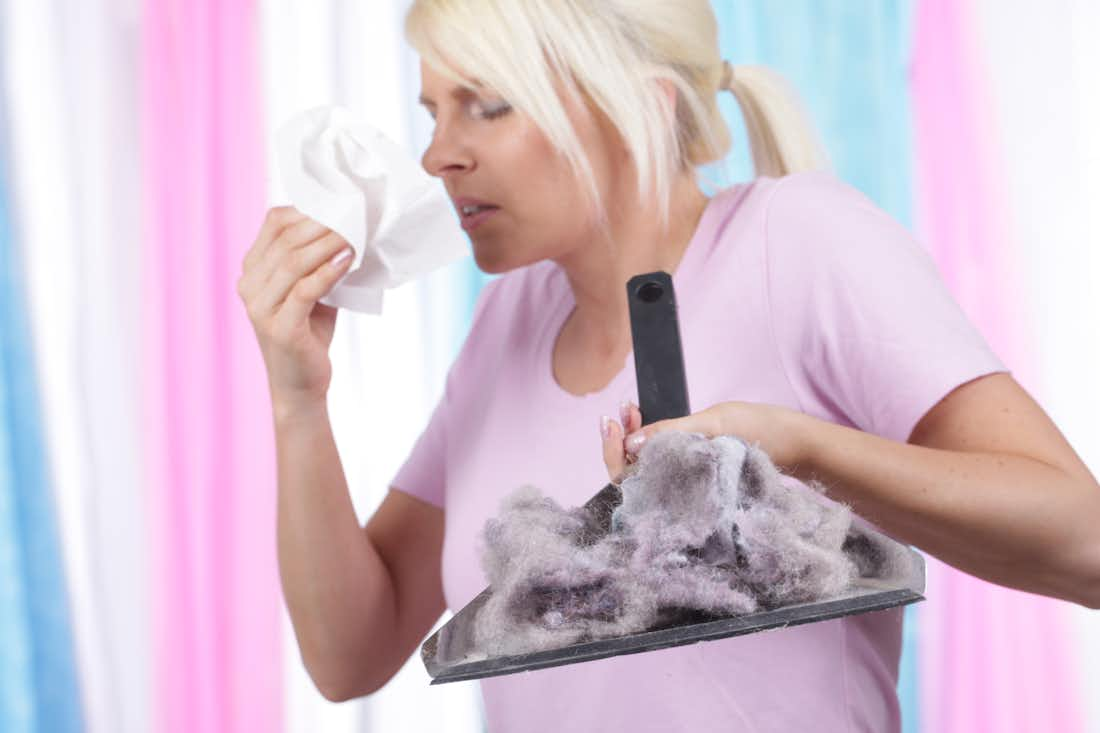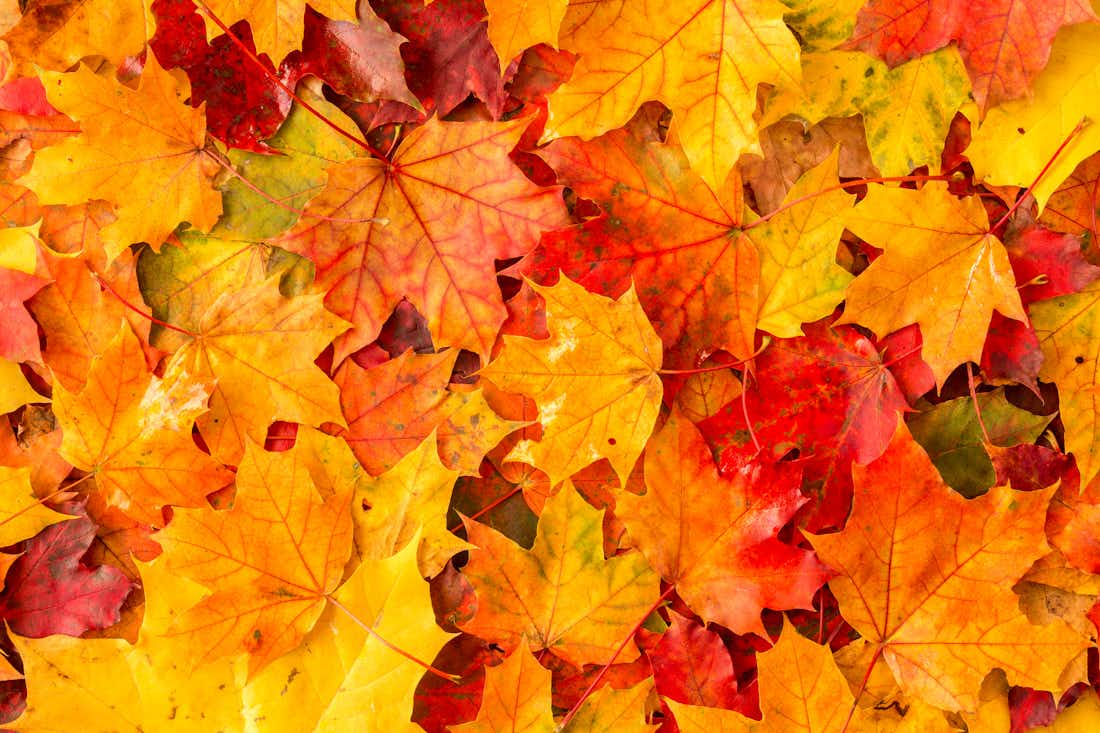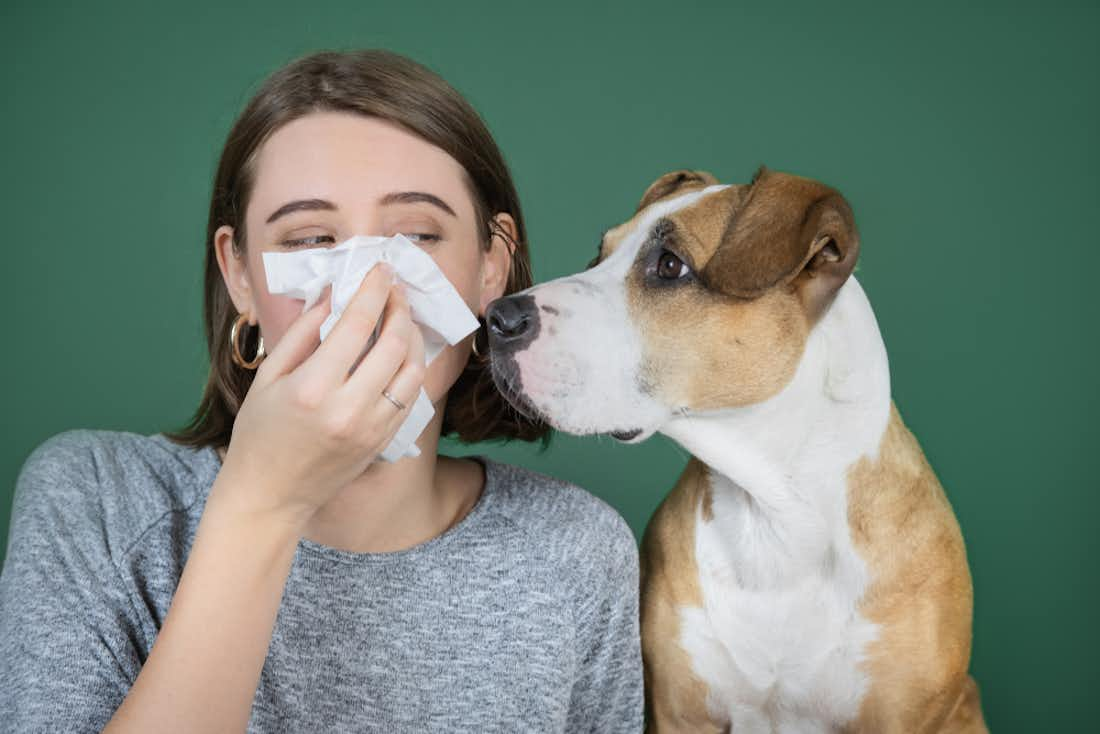May 4, 2022
Do Allergies Make You Tired?
5 minute read
The spring and autumn months are some of the best times of the year. The sun is shining, the weather is nice and mild, and there’s no shortage of seasonal activities to get involved with.
But do you notice that maybe you don’t have any energy even to leave your house during these seasons?
Before you reach for the second cup of coffee, you might want to reach for the antihistamines instead. Some of this fatigue that you’re feeling might be because of allergies.
The good news is that there’s relief in sight.
Let’s take a look at how allergies and fatigue can go hand in hand, as well as some ways that you can boost your energy despite allergens sucking the joy out of your days.
What Is Allergy Fatigue?
Allergy fatigue is somewhat of a double entendre. On the one hand, anyone with incessant seasonal allergy symptoms is likely to be pretty tired of waking up sneezing and coughing every single morning.
But allergy fatigue also relates to the feelings of sluggishness and drowsiness that an allergic reaction can cause.
Some of the most common allergy symptoms include:
- Sneezing
- Stuffy, runny nose
- Coughing
- Headache
- Difficulty breathing or wheezing
- Itchy, watery eyes
- Hives or a skin rash
Notice how fatigue isn’t listed here?
The thing is, allergy fatigue is more of an _indirect _symptom of allergies. This is because an allergic reaction itself doesn’t cause drowsiness. Instead, pretty much every single one of these allergy symptoms can cause sleep disturbances at night.
Think about how difficult it is to fall asleep when your nose is clogged up, your eyes are itching like crazy, or you’re coughing up a storm. These symptoms can have a significant effect on your ability to get a good night’s rest, which can lead to fatigue in the morning.
It should be noted that allergic reactions do release chemicals that can induce drowsiness. However, the most common culprit of allergy fatigue is a lack of sleep.
What Are the Effects of Allergy Fatigue?
Allergy fatigue can have an effect on your overall health and wellbeing. Sleep is a necessary part of life, and if you’re not getting the recommended amount of rest each night, it can greatly impact your day-to-day.
One in three people suffers from poor sleep, and the cost of sleeplessness is more than just being cranky or tired throughout the day.
Consistent poor sleep can put you at risk for a number of co-occurring health conditions, such as:
- Coronary heart disease
- Obesity or overweight
- Diabetes
- Trouble with decision making
- Increased risk of injury at school or work
- Increased risk of car accidents
- Reduced hand-eye coordination
Getting the recommended seven to nine hours of sleep as an adult is essential for your health and wellbeing.
What Is the Relationship Between Sleep and Allergies?
Allergies can have a poor effect on your sleeping habits. But poor sleep can also have an effect on the severity of your allergies.
Proper amounts of sleep contribute to healthy immune functioning, and getting enough sleep can help your body fight back against foreign invaders like bacteria and viruses. Since allergies are an immune disorder, getting the right amount of sleep could make you less susceptible to allergy symptoms.
Of course, if you have allergies, you might not be sleeping as well. In order to enhance your sleep while also enhancing your symptom relief, it’s important to break this loop as soon as you can.
How Can I Fight Allergy Fatigue?
The best way to treat allergy fatigue and break the seemingly endless loop is by treating the allergies themselves.
Let’s take a look at a few of the best options.
Take an Allergy Test
Perhaps the only true way to treat allergies is by just preventing them in the first place.
And the best way to do this is by figuring out precisely what you’re allergic to. The best way to do this, without a doubt, is by taking an allergy test.
There are a few different types of allergy tests, the most common of which is the skin prick test. A licensed allergist will do your skin prick test, and it involves pricking the skin on your arm or back with a tiny needle. Then, droplets of given allergens are placed over the testing areas to see if a small red bump, or wheal, forms. If a wheal pops up, you’re probably allergic to the substance.
The other option is an allergy blood test, in which a sample of your blood is tested for specific IgE antibodies. IgE antibodies react to the proteins of specific triggers like pollen, dust mites, mold, or pet dander.
The benefit of this test is that, with Cleared, you can do it right from the comfort of your own home without ever needing to make an appointment.
Take Allergy Medication Before Going to Bed
Antihistamine medications, like cetirizine, work by blocking the effects of the chemical histamine, which causes a number of allergy symptoms. Taking your allergy medication at night can help you get better sleep because it can reduce your symptoms — and it can also make you feel drowsy.
While new-generation antihistamines are typically non-drowsy, there are still certain brands that might cause you to feel sleepy after taking them. If that’s the case, you might want to avoid taking these in the morning to avoid daytime sluggishness.
Try Allergy Immunotherapy
While antihistamine medications work to counteract the symptoms of allergies, they don’t actually treat the underlying cause. This is where allergy immunotherapy (AIT) works a little bit differently.
AIT involves gradually exposing your body to your suspected trigger over a lengthened period of time until you build up a tolerance.
AIT typically does require the use of injections, but a newer form of this treatment is known as sublingual immunotherapy (SLIT). Sublingual immunotherapy simply involves placing a dissolvable tablet underneath your tongue.
By the end of treatment, you might notice an increase in productivity, improvement in general health status, and an improvement in your daily energy.
If it sounds too good to be true, we invite you to try it for yourself. Take your free allergy quiz to see if this revolutionary allergy treatment might be right for you.
How Can I Get Better Sleep?
Even if your allergies are throwing your body out of whack, you might be able to still catch some much-needed shuteye to improve your energy throughout the day.
Here are some tips and tricks for getting a better night’s sleep.
Limit Naps
There isn’t much better than a midday nap all snuggled up on the couch. However, napping might be one of the reasons why you’re not sleeping as well as you’d hope.
At least, you might not be napping the _correct _way.
There are different stages of sleep, and one of the most important stages is known as REM (rapid eye movement) sleep. This stage occurs within 30 minutes to an hour of sleeping and persists for most of your sleep cycle. It’s the most important stage of sleep because it stimulates areas of the brain essential for learning.
Waking up in the middle of REM sleep can make you feel tired and fatigued no matter what, and if you take an hour-long nap, you’re waking up right in the midst of it.
For that reason, you may want to limit naps to no longer than 20 minutes, and you shouldn’t take them any later than around 2:00 pm in the afternoon.
Create a Restful Environment
The reason you’re not sleeping might have nothing to do with your allergies — it might have everything to do with the environment you’re sleeping in itself.
You can enhance your ability to sleep soundly by amplifying your bedroom and making it the perfect place to catch some zzzs.
One of the best ways to do this is by limiting your screen time before bed. The blue light emitted from your phone, laptop, or television can trick your body into thinking that it’s still daytime. This can make it more difficult for you to fall asleep at night. Consider reading a print book instead, and try to keep the lights a warm orange hue to simulate the setting sun.
Additionally, you may benefit from the use of essential oils before going to bed. Aromatherapy has been shown to help induce sleep, especially when you use certain scents like lavender or chamomile.
In Conclusion
Allergies are frustrating, and they can have a direct effect on your mood. However, they can also indirectly ruin your day by causing you to feel fatigued. Many symptoms of allergies, like runny nose or coughing, can keep you up at night, making you feel drowsy during the day.
The problem is that a lack of sleep can weaken your immune system, making you more susceptible to allergies in the first place. You can break the cycle by enhancing your sleeping routine or treating your allergy symptoms directly.
And the latter might be even easier.
Take your free allergy consultation with Cleared to get personal treatment from a licensed allergist who can finally help you feel the reprieve from nagging allergy symptoms. It will mean that you can literally and metaphorically rest assured.
Sources:
Fatigue | ACAAI Public Website
Why lack of sleep is bad for your health | NHS
Sleep and immune function | NCBI
Sleep aids: Could antihistamines help me sleep? | The Mayo Clinic.



